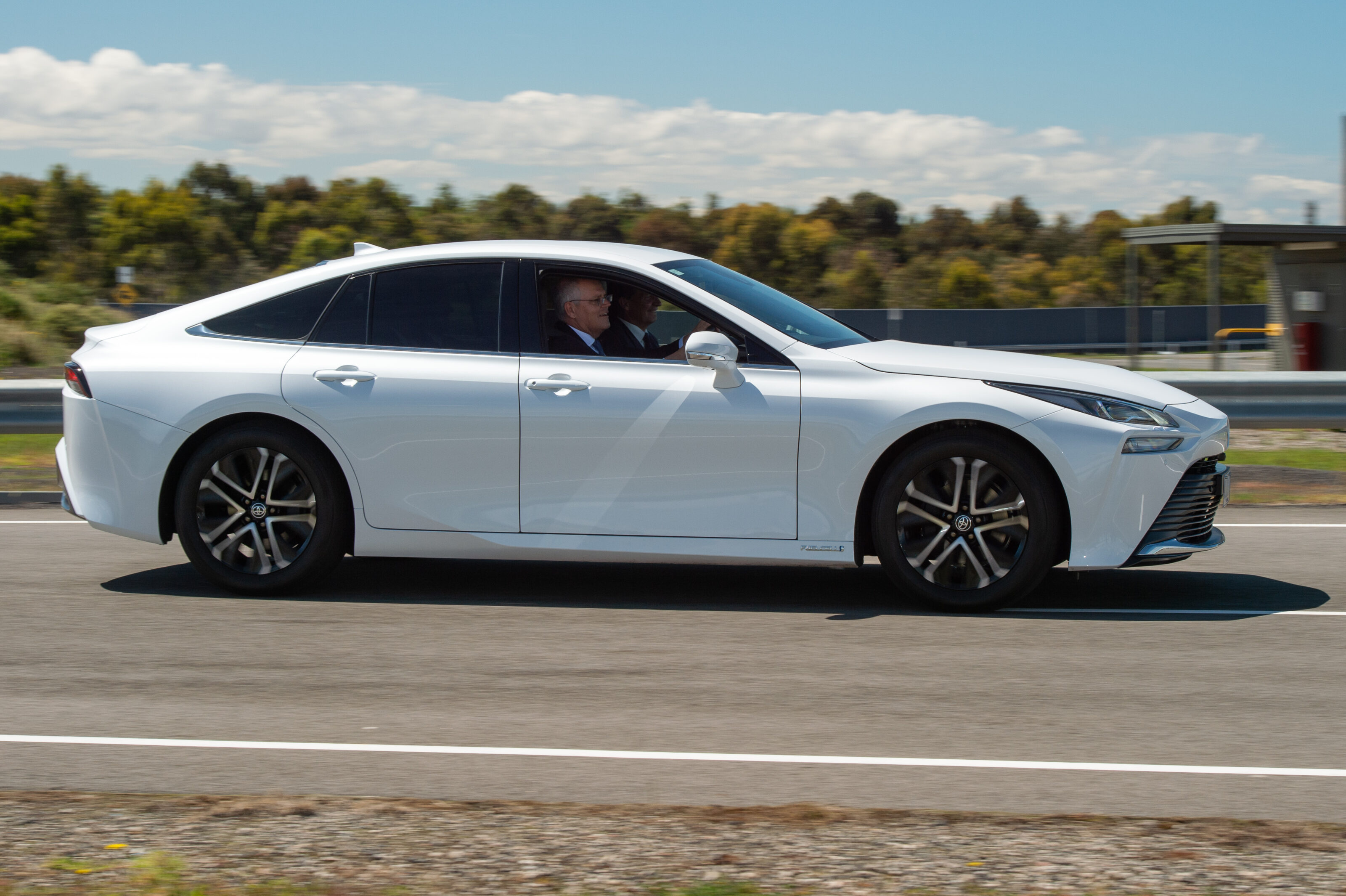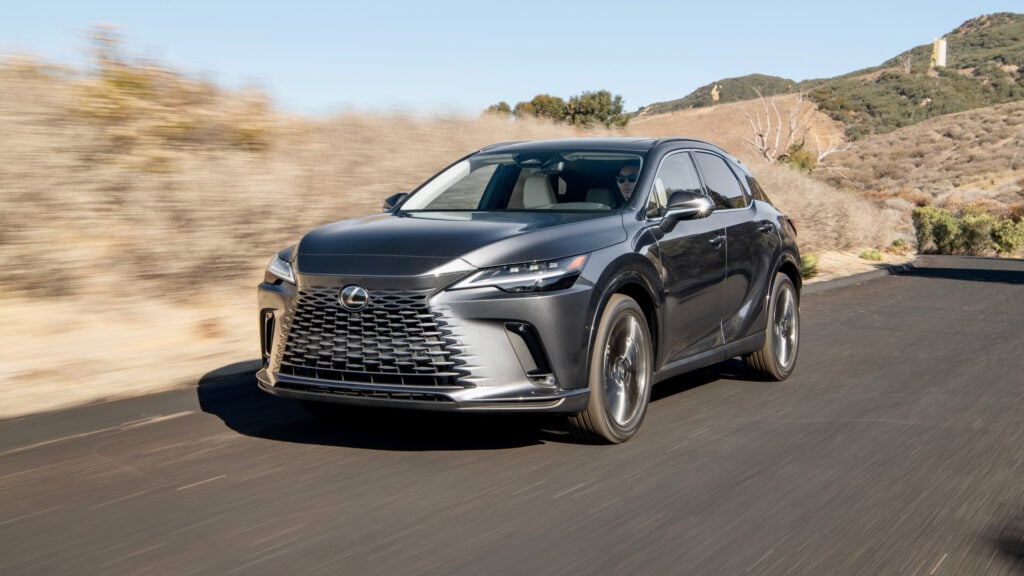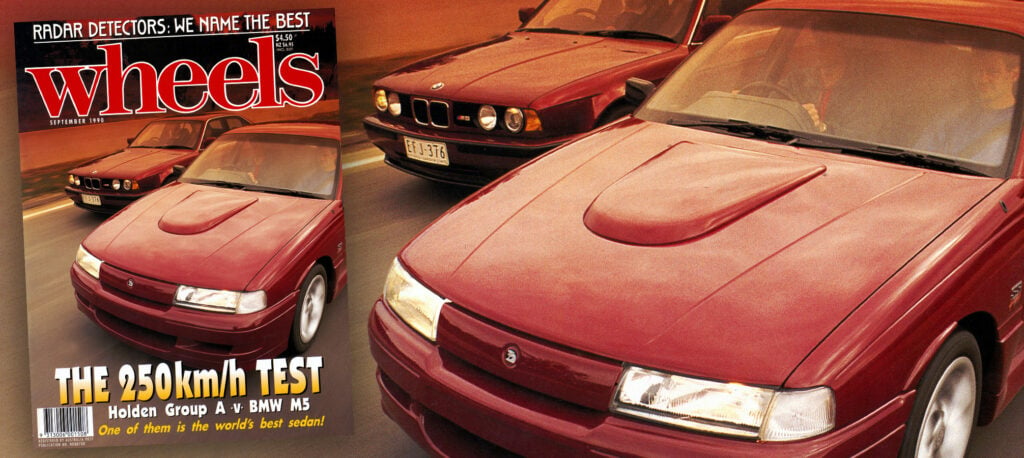Electric vehicles seem to have overtaken high-speed rail as the canary in the coal-mine alerting us that a federal election is looming.
We’ve already seen Prime Minister Scott Morrison’s about face on EVs and no doubt we’ll soon hear Labor, the Greens and others bend over backwards to outdo his EV ‘plan’.
But the mistake Australia’s policymakers are committing with regard to EV incentives is they assume we’ll continue to have a choice.
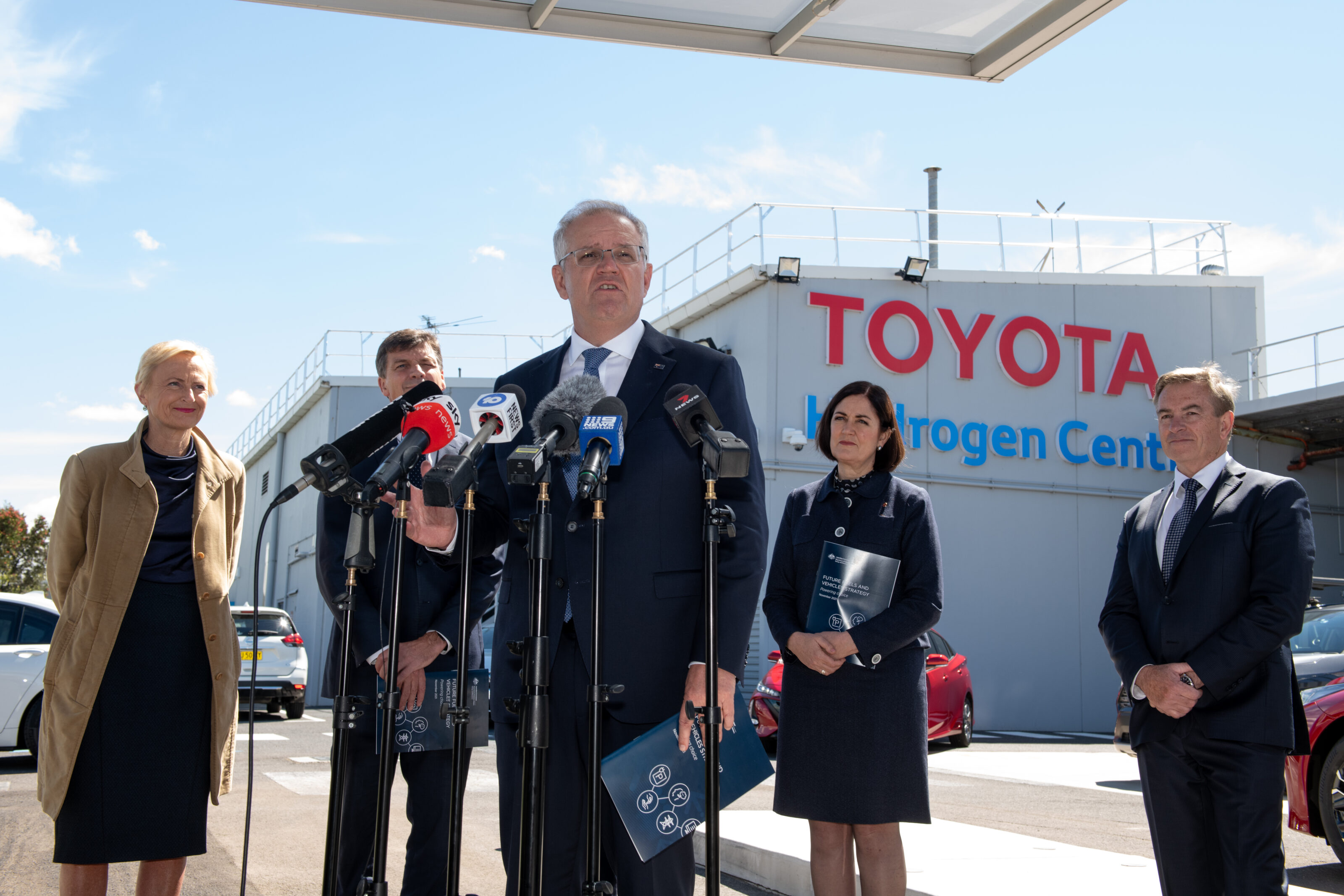
Amongst all the hype at the COP26 international climate summit in Glasgow, this week came news that several nations have agreed to follow the United Kingdom’s lead in banning the sale of petrol cars in developed countries by 2035 and in developing nations by 2040.
It sounds like quite ambitious legislation, but may not even be necessary – with major carmakers including Ford, Volvo, General Motors and the Volkswagen Automotive Group already committed to producing EVs only by as early as 2030.
With Australia now all-but reliant on imported vehicles, this will eventually lead to a situation where a vehicle with a fuel tank will cost more than one sitting on a battery pack.
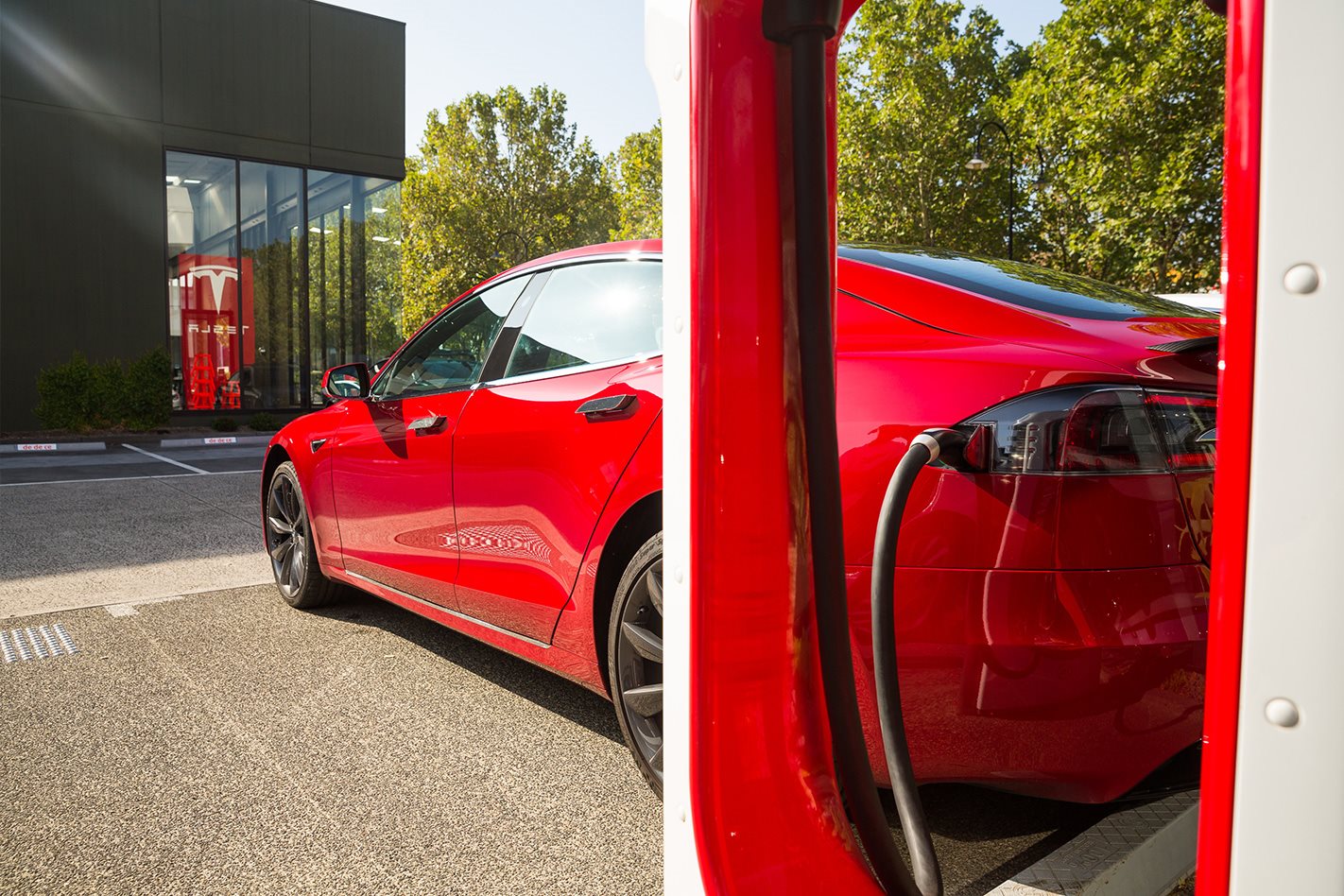
Which begs the question: if it’s going to happen anyway, why should the Government offer incentives?
Well, because Australia is in serious danger of being woefully unprepared for the inevitable tide of EVs, due to the lack of infrastructure.
Battery electric vehicles (BEVs) are growing in Australia, but still make up less than one percent of sales here. However, we’re already starting to see queues at public charging stations because, according to Melbourne-based climate think tank The Blueprint Institute, there are fewer than 100 public charging stations per million people.
By comparison, there are more than 400 chargers per million people in Europe, while the gas-guzzling United States falls somewhere in between.
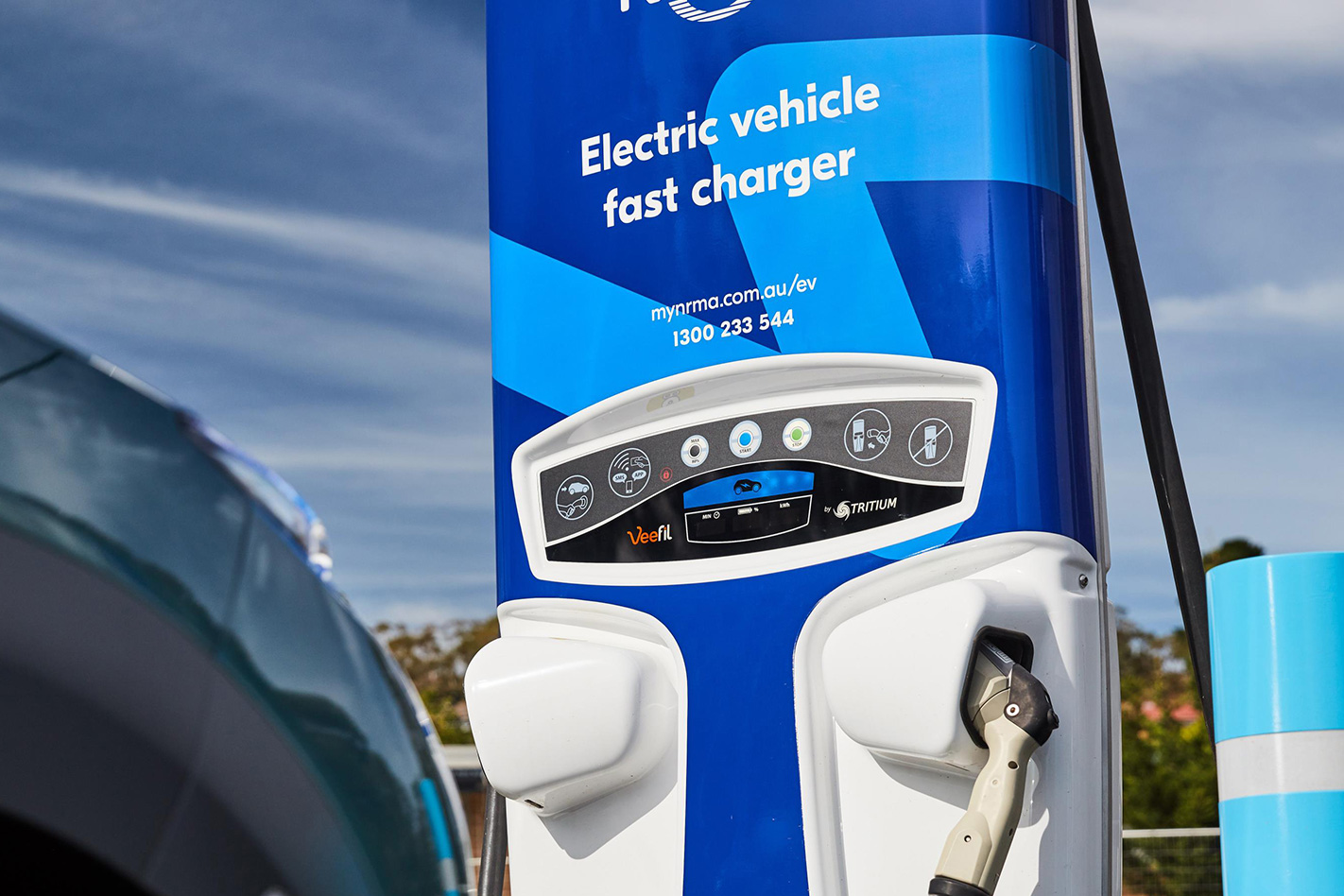
The Institute had already called for EV charging infrastructure to be a 2021 Federal Budget priority.
In a report titled ‘Technology, not taxes; what about spending’… the organisation called for an EV charging infrastructure investment fund, stating: “Scale will matter a lot for EV uptake across Australia. Charging infrastructure is a major impediment of their widespread adoption, especially when our population is so geographically dispersed.”
No such initiative was announced on Budget night, but now an election is in the wind we’ve seen a pledge from Prime Minister Scott Morrison for a $250 million Future Fuels Investment Fund that includes funding for 50,000 charging stations in Australian homes – ignoring the need for more public rapid chargers.
Outspoken Electric Vehicle Council CEO Behyad Jafari said while the Future Fuels Investment Fund identified some of the correct benefits and pathways, “it does little to realise them”.
He said the plan ignored proven measures to improve electric vehicle uptake, including subsidies, tax incentives, and sales targets.
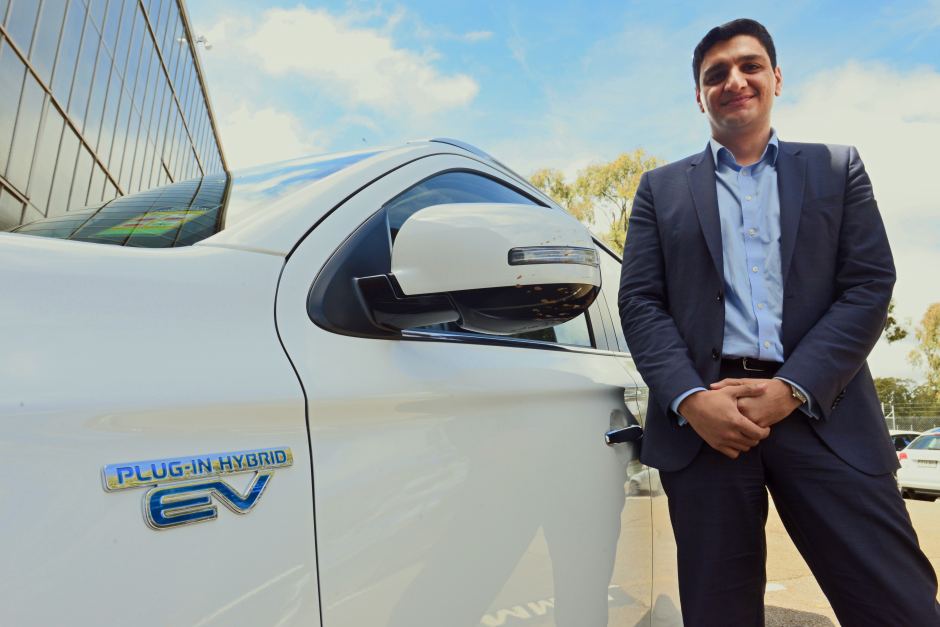
While Jafari is keen to see more carrot to expedite the uptake of BEVs in Australia, he also reckons there needs to be a bit more stick in the form of stronger fuel efficiency standards that awarded low-emissions vehicles and penalized gas guzzlers.
But the PM said such measures robbed consumers of choice.
Speaking at the Toyota Hydrogen Centre in Melbourne yesterday, he said: “We will not be forcing Australians out of the car they want to drive or penalizing those who can least afford it through bans or taxes,” he said.
“Instead, the strategy will work to drive down the cost of low and zero-emission vehicles and enhance consumer choice.”
Jafari pointed out that stronger emissions laws would actually give Australians more choice when it comes to choosing low/zero-emission vehicles.
“The best and most affordable EVs that manufacturers are producing would make their way swiftly onto our market.
“Fuel efficiency standards are the absolute bare minimum of what you would expect in any 21st-century plan.”
Jafari’s sentiments have been echoed by a string of automotive industry figures, none less so than Michael Barstch, managing director of Volkswagen Australia.
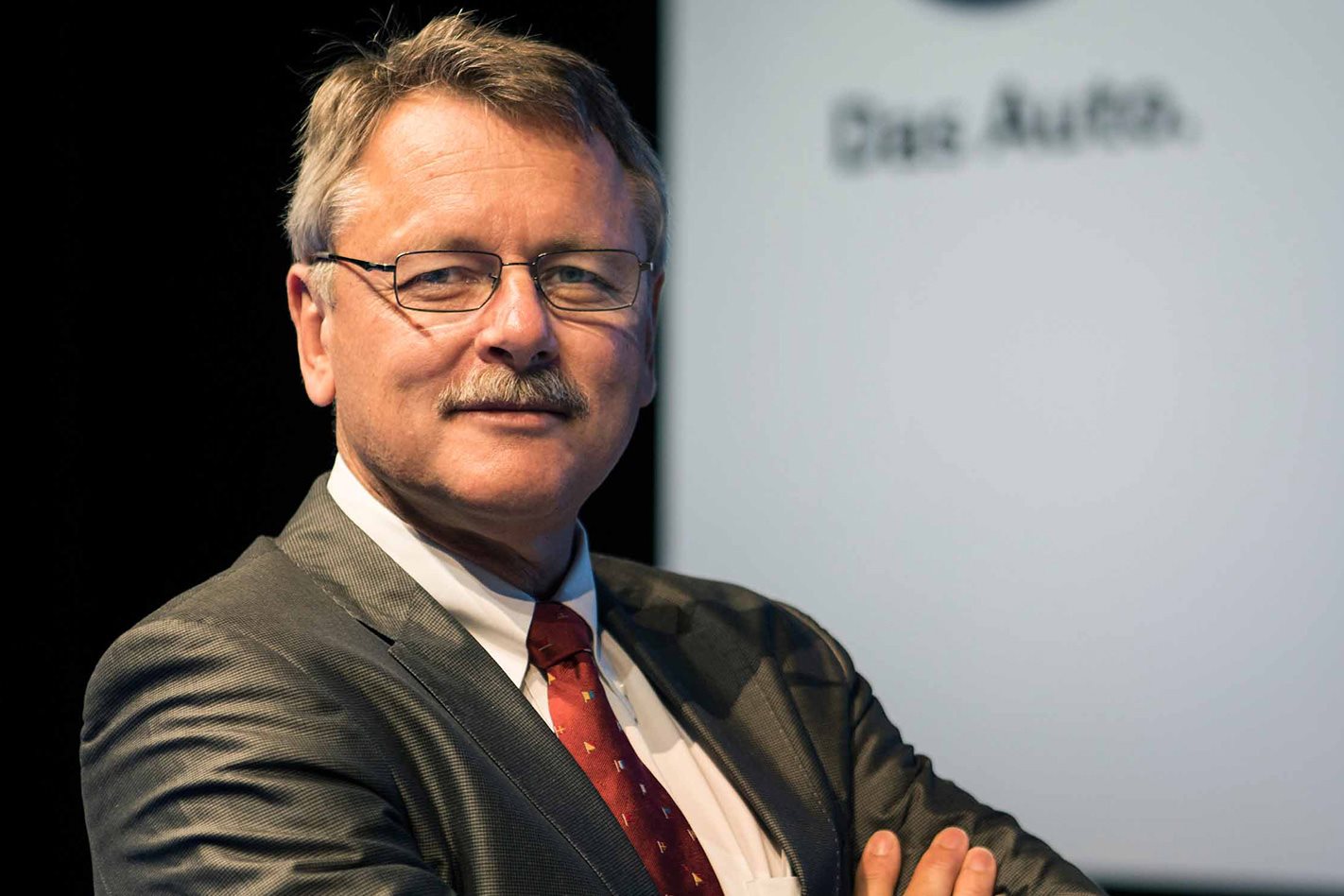
Bartsch said VW is becoming one of the biggest sellers of affordable EVs around the world but refuses to sell them in Australia because of the government’s failure to adopt tighter restrictions on vehicle emissions such as those required in Europe.
Australia is “an automotive dumping ground for auto engines that our competitors cannot sell in other markets,” he told the LA Times.
The continued lack of federal leadership on EVs, and its aversion to setting emissions targets means “Australia languishes in the automotive third world”.
We recommend
-
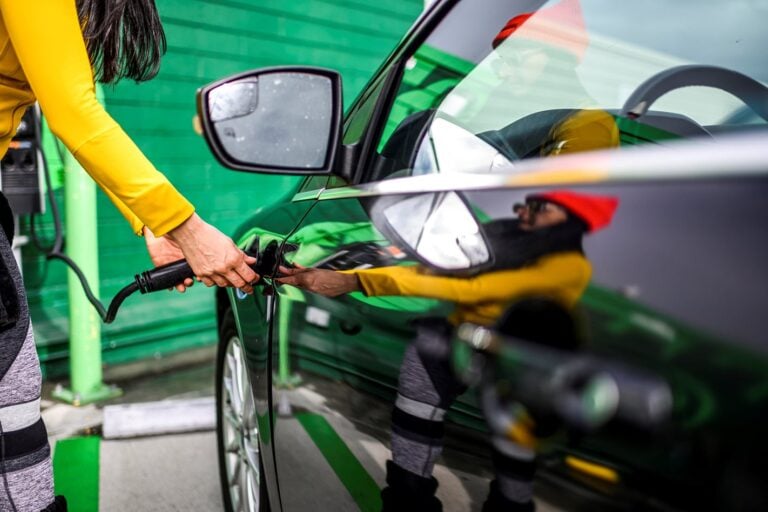 News
NewsCar industry slams Government's EV strategy for lacking incentives and targets
The long-awaited policy for electric vehicles falls far too short of what's needed, say industry figures
-
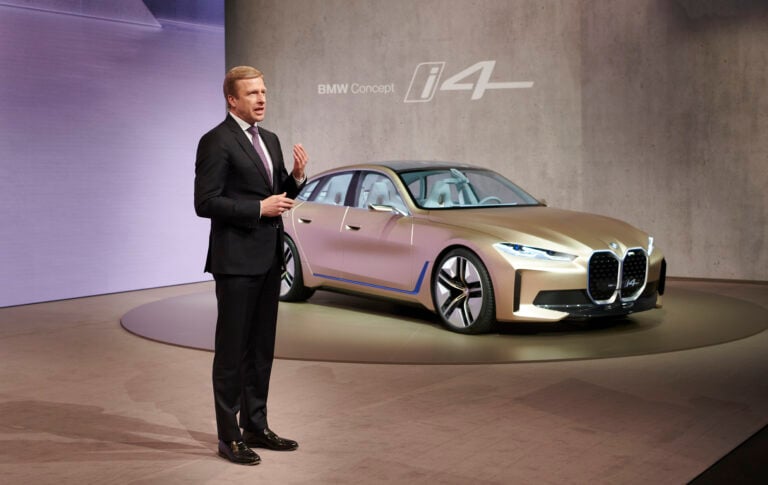 News
NewsBMW boss outlines plans to tackle climate change at COP26
Carmakers are using the summit as an opportunity to showcase what their electric vehicles are capable of


